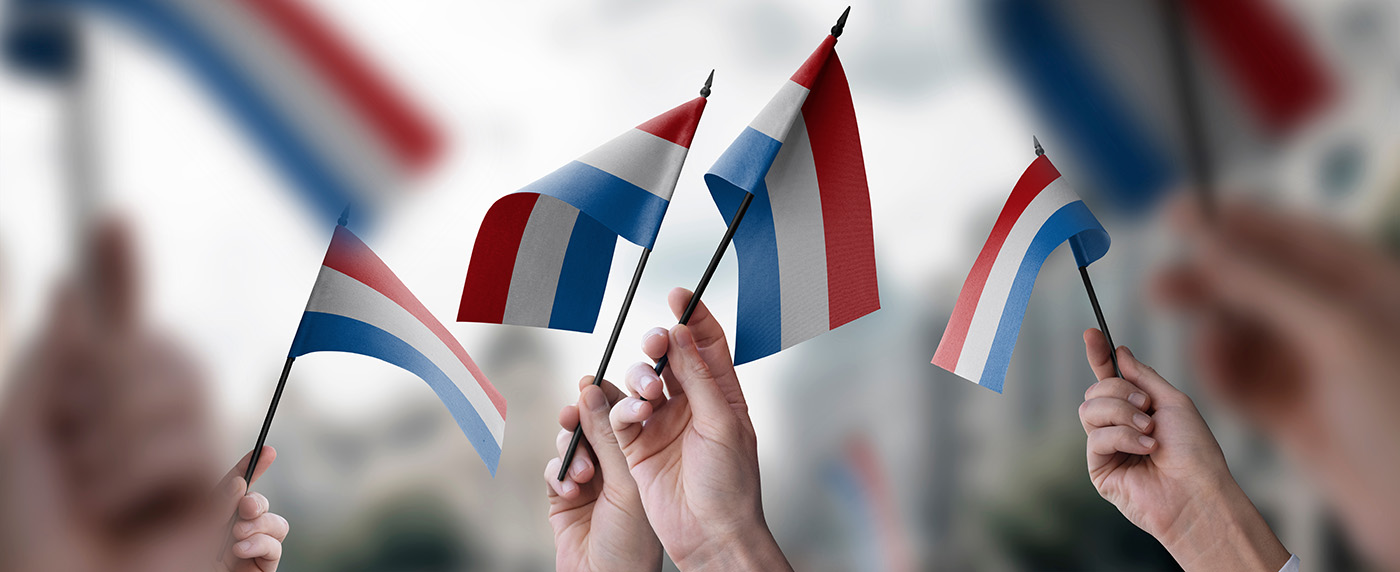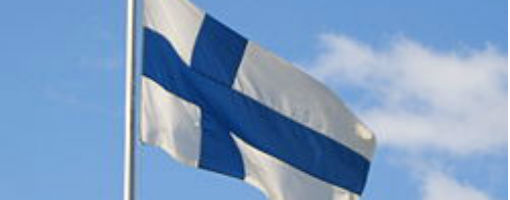Two Finnish pension schemes, Ilmarinen and Keva, have reported contrasting funding updates for the first quarter of 2025, with the impact of a "jittery market" overshadowing positive returns.
Ilmarinen's investment return was 0.2 per cent.
At the end of March, its investment assets were €63.1bn, and its solvency capital was €13.7bn, a slight decrease from €13.9bn at the end of 2024.
The solvency ratio was 127.1 per cent, compared to 127.5 per cent at the end of 2024.
Ilmarinen's insurance premium income increased by 3 per cent to €1m, and the payroll and income of Ilmarinen's insured employees increased by 3 per cent to €7,116m.
At the end of March, Ilmarinen had 453,338 pension recipients. Since the beginning of the year, they have been paid €1,951m in pensions, an increase of 3 per cent from the previous year.
Strong solvency enables long-term investment of pension assets in a "highly volatile" market situation overshadowed by the trade war, suggested Ilmarinen CEO, Jouko Pölönen.
“The policies of the new US administration increased market nervousness as the first quarter of the year progressed,” added Ilmarinen executive vice president of investments, Mikko Mursula.
"As trade and geopolitical tensions increased, the global stock market turned downward, led by US stocks. Interest rates also began to decline as recession fears grew,” he said.
Meanwhile, Keva claimed a “jittery market” had put downward pressure on its investments, following a return of -1.2 per cent, or -€0.8bn, for the first quarter of 2025.
At the end of March, Keva's investments had a market value of €70.3bn, compared to €67.7bn a year earlier.
Of the different asset classes, its real estate investments generated a return of 0.3 per cent, private equity investments of -0.4 per cent, fixed income investments of -1.1 per cent and hedge funds of -1.1 per cent. Listed equities generated a return of -1.8 per cent.
Keva CEO, Jaakko Kiander, said that the threat of a trade war has created exceptional uncertainty in the stock and foreign exchange markets, which was already reflected in a fall in share prices in the first quarter.
"Uncertainty and sharp volatility in share prices will continue until clearer guidance on future US tariff policy is forthcoming. Uncertainty also adds to the risk of a recession, which has strengthened expectations of a fall in interest rates," Kiander says.
Keva CIO, Ari Huotari, added that uncertainty had put downward pressure on almost all risky investments in the capital markets.
"Of course, uncertainty has resulted in unrest in the fixed income and forex markets, and the status of the US dollar and government bonds, for example, which have served as traditional safe havens, has been called into question,” he continued.
"It will be interesting to see how long-term the consequences of the unrest seen at the beginning of the year will be," Huotari concluded.
Latest News
-
PFZW hits back at concerns over influence of US asset managers in Netherlands
-
Sweden’s AP2 reports modest returns amid market volatility
-
Sweden's KPA Pension calls for people-focused climate investments
-
Only a quarter of ING members make use of pension coaching service
-
Ireland appoints NAERSA leadership ahead of AE launch
-
Swedish pension funds deliver positive returns despite 'challenging' market
Podcast: Stepping up to the challenge

In the latest European Pensions podcast, Natalie Tuck talks to PensionsEurope chair, Jerry Moriarty, about his new role and the European pension policy agenda
Podcast: The benefits of private equity in pension fund portfolios

The outbreak of the Covid-19 pandemic, in which stock markets have seen increased volatility, combined with global low interest rates has led to alternative asset classes rising in popularity. Private equity is one of the top runners in this category, and for good reason.
In this podcast, Munich Private Equity Partners Managing Director, Christopher Bär, chats to European Pensions Editor, Natalie Tuck, about the benefits private equity investments can bring to pension fund portfolios and the best approach to take.
In this podcast, Munich Private Equity Partners Managing Director, Christopher Bär, chats to European Pensions Editor, Natalie Tuck, about the benefits private equity investments can bring to pension fund portfolios and the best approach to take.
Mitigating risk
BNP Paribas Asset Management’s head of pension solutions, Julien Halfon, discusses equity hedging with Laura Blows
© 2019 Perspective Publishing Privacy & Cookies








Recent Stories